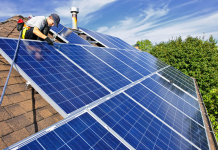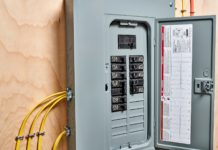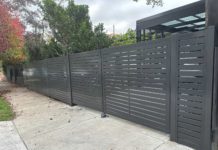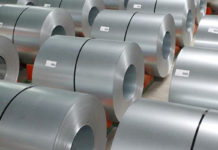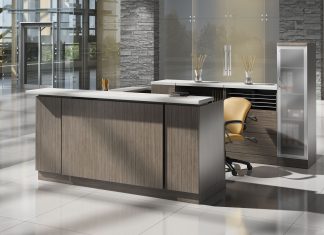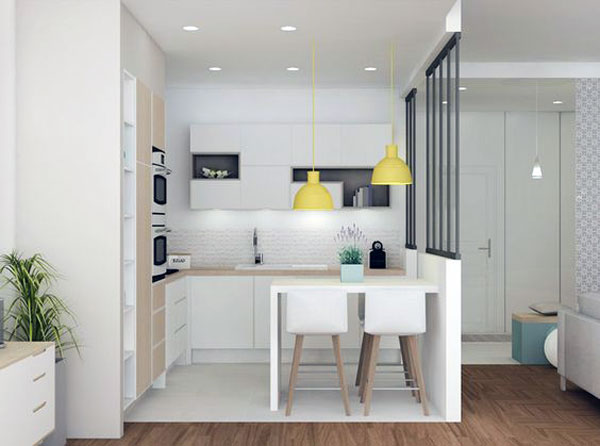Most people are aware that the quality of outdoor air can impact their health. But what many don’t realize is that indoor air quality can be just as important. In fact, the Environmental Protection Agency (EPA) estimates that indoor air in most homes is often up to five times more polluted than the air in outdoor areas.
Fortunately, you can take steps to improve indoor air quality, and one of the most effective is investing in a high-quality HVAC system. Here’s how AC systems impact indoor air quality in homes and the steps you can take to improve it.
1. Air Filtration
The first line of defense against indoor air pollution is the air filter. Most HVAC systems have an air filter that helps to remove dust, pollen, and other airborne particles from the air. However, if the air filter is not regularly changed, it can become clogged, reducing its effectiveness.
The latest HVAC systems use high-efficiency particulate air (HEPA) filters, which can remove 99.97% of particles, at least 0.03 microns in size or larger. HEPA filters are particularly effective at removing pollen, dust mites, and pet dander from the air. Experts offering air conditioning services in St. Peters, MO, note that if you suffer from allergies or asthma, ensure that your HVAC system has a HEPA filter.
2. Ventilation
Another important way that HVAC systems impact indoor air quality is through ventilation. Proper ventilation helps to remove contaminants from the indoor air and promote airflow. However, if ventilation is not properly maintained, it can actually circulate contaminated air throughout the home.
There are two types of ventilation: natural and mechanical. Natural ventilation relies on open windows and doors to help circulate air indoors, while mechanical ventilation uses fans and other devices to force air movement. HVAC systems typically use a combination of both natural and mechanical ventilation to ensure proper airflow.
To maintain good indoor air quality, it is important to ensure that your HVAC system is properly ventilated. This means regularly checking for blockages in vents and ductwork and ensuring that all fans are in good working order. You should also have your HVAC system inspected and regularly serviced by a professional to ensure that it’s operating properly.
3. Humidity Control
Humidity levels can also have a significant impact on indoor air quality. Too much humidity can create an environment that is conducive to mold and mildew growth. On the other hand, too little humidity can cause respiratory problems. HVAC systems help to regulate humidity levels in the home, ensuring that they are at a comfortable level.
The most efficient HVAC systems help maintains a balanced indoor air temperature and humidity. With more advanced systems, you can even set different humidity levels for different rooms in your home. This allows you to create a more comfortable environment tailored to your specific needs.
4. Temperature Control
You may be wondering how indoor temperature affects indoor air quality. The answer is pretty simple. When the temperature is too cold or too hot, it can cause the air to become stagnant. Stagnant air is unhealthy because it doesn’t allow for proper ventilation. Additionally, when the air is stagnant, dust and other allergens can build up and cause respiratory problems.
Therefore, it’s important to maintain a comfortable indoor temperature to ensure good air quality. One way to do this is by investing in a programmable AC thermostat. This way, you can set the temperature for when you’re home and when you’re away. This will also help reduce your energy consumption and keep your home at a comfortable temperature.
Don’t Ignore Air Quality in Your Home
The air quality in your home is crucial, and you should take steps to ensure it’s as clean as possible. Your HVAC system plays a significant role in this, so make sure to keep it well-maintained. A professional can help you with this and offer advice on other ways to improve your home’s air quality, like buying air humidifiers and ensuring proper ventilation in all rooms.




